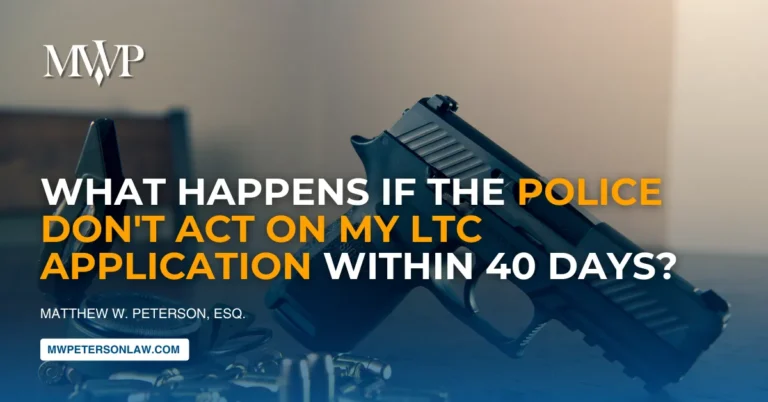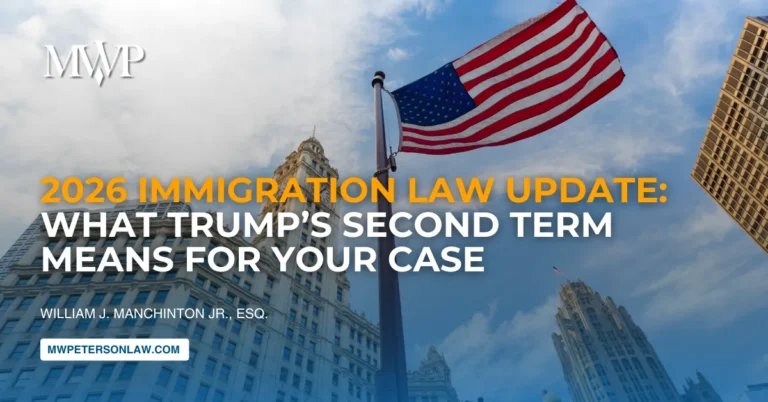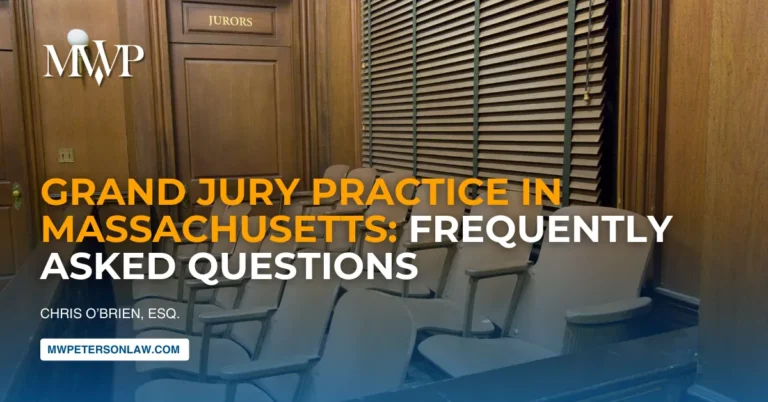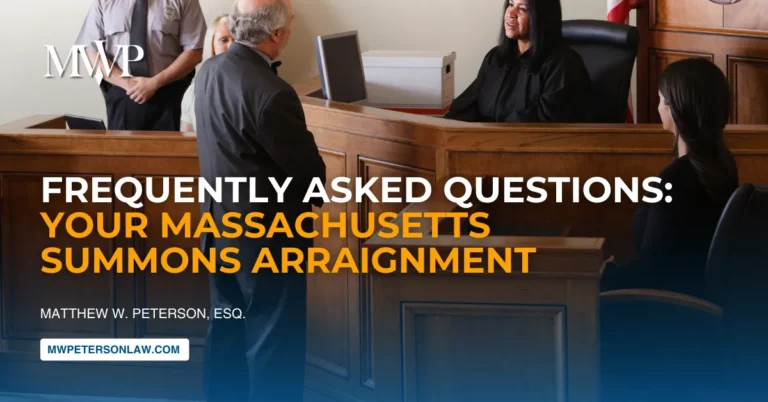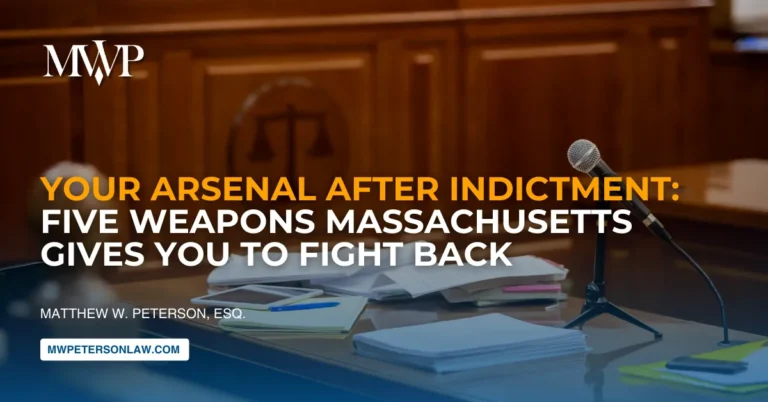The Current Crisis for International Students
Since March 2025, the F-1 Student Fight mass SEVIS termination has become a troubling reality, affecting international students across the United States. The Department of Homeland Security (DHS) has unilaterally terminated the Student and Exchange Visitor Information System (SEVIS) records of hundreds, possibly thousands, of F-1 students and Optional Practical Training (OPT) participants nationwide.
According to data referenced in court filings, over 240 colleges and universities have identified more than 1,480 international students and recent graduates whose legal status has been changed since early March. The numbers continue to grow daily, with at least 112 affected students in New England alone as of mid-April.
Legal Framework: When Can F-1 Status Be Terminated?
The federal regulations governing F-1 status termination are quite specific. There are only two ways a student may lose their F-1 status:
- Student-driven “failure to maintain status”: Under 8 C.F.R. § 214.2(f)(5), students must make “normal progress toward completing a course of study.” Additionally, 8 C.F.R. § 214.1(e)-(g) specifies that status can be lost through unauthorized employment, willfully failing to provide information to DHS, or being convicted of a violent crime with a potential sentence exceeding one year.
- Agency-initiated “termination of status”: The DHS’s ability to terminate F-1 status is limited by 8 C.F.R. § 214.1(d). Under this regulation, DHS can terminate status ONLY when:
- A previously granted waiver under 8 U.S.C. § 1182(d)(3) or (4) is revoked
- A private bill to confer permanent residence is introduced in Congress
DHS publishes a notification in the Federal Register citing national security, diplomatic, or public safety reasons
The Power of Temporary Restraining Orders in These Cases
What is a Temporary Restraining Order (TRO)?
A TRO is an emergency measure that courts can issue to prevent immediate and irreparable harm while a case proceeds through the legal system. As explained by the Northern District of Georgia in its recent order, “The standard for obtaining a TRO is identical to that of obtaining a preliminary injunction.” In the context of these SEVIS termination cases, students are seeking TROs to:
- Immediately restore their terminated F-1 status and SEVIS records
- Prevent DHS from taking enforcement actions against them (including detention or deportation)
- Allow them to continue their studies and authorized employment while their cases are being decided
TROs are particularly crucial in these cases because of the immediate consequences students face following status termination.
The Legal Standard for Obtaining a TRO
To obtain a TRO, plaintiffs must demonstrate:
- A likelihood of success on the merits of their claims
- The prospect of irreparable harm without the injunction
- That the balance of equities favors them
- That an injunction serves the public interest
How TROs Are Being Applied in SEVIS Cases
Multiple federal courts have already granted TROs in favor of students challenging these terminations. These orders generally:
- Reinstate Status Immediately: Courts are ordering DHS to restore F-1 student status and corresponding SEVIS records. In the Northern District of Georgia case, the court specifically ordered that “Defendants shall reinstate Plaintiffs’ student status and SEVIS authorization, retroactive to March 31, 2025.“
- Freeze Enforcement Actions: The TROs prevent ICE from detaining or deporting students while their cases proceed.
- Maintain the Status Quo: The orders preserve students’ status as it existed before the terminations while courts consider the merits of the cases.
- Protect Student Privacy: In the Georgia case, the court ordered the parties to file a proposed joint protective order regarding the use of plaintiffs’ identifying information and prohibited defendants from disclosing plaintiffs’ identifying information or using it for any purpose outside of the litigation.
Recent TRO Successes
- District of Massachusetts: No. 1:25-cv-10904-PBS
- Eastern District of New York: Wu v. Lyons, No. 1:25-cv-1979
- Western District of Wisconsin: Isserdasani v. Noem, No. 3:25-cv-283-wmc
District of Montana: Roe v. Noem, No. 2:25-cv-40-DLC
In the Northern District of Georgia case, the court found that the plaintiffs had “demonstrated a substantial likelihood of success on the merits of their claim in Counts 1 and 4: that Defendants’ termination of the SEVIS registration exceeds the bounds of statutory and regulatory authority and is therefore unlawful under 5 U.S.C. § 706(2)(A), (C), and (D).“
Class Action Lawsuits Expanding the Reach of TROs
Northern District of Georgia Case
The Northern District of Georgia case is particularly significant because it involves 133 plaintiffs proceeding pseudonymously. While not technically a class action, this case demonstrates that courts are willing to provide relief to large groups of affected students through a single order.
District of Connecticut Class Action
In the United States District Court for the District of Connecticut, a class action complaint filed on April 24, 2025, seeks to represent all current or future students and OPT participants affiliated with educational institutions in Connecticut who had their F-1 status terminated on or after March 1, 2025. This complaint seeks a TRO that would apply to the entire class, potentially restoring status to dozens of affected students in Connecticut with a single court order.
District of New Hampshire Class Action
Similarly, a New Hampshire lawsuit (No. 1:25-cv-156) seeks class certification and a preliminary injunction for all affected students in the First Circuit. The plaintiffs argue that immediate certification will permit the court to provide broad-based relief to students throughout New Hampshire, Massachusetts, Maine, Rhode Island, and Puerto Rico who are being irreparably harmed.
Real-World Impact and Irreparable Harm
- Academic disruption: Students are being prevented from attending classes, conducting research, and completing degrees they’ve invested years to pursue.
- Financial hardship: Many affected students have lost stipends from research or teaching assistantships. One student in the New Hampshire case has invested $329,196 in his education in the United States and now faces the prospect of abandoning his program.
- Employment loss: Students on OPT or working as research assistants are immediately barred from employment, losing their sole source of income.
Detention and deportation risks: Students face the risk of detention and deportation. Several students have already been detained by ICE following termination of their status.
The Northern District of Georgia court concluded that all plaintiffs in that case had “demonstrated that they face irreparable harm in the absence of temporary relief,” noting that many faced losing “scholarships, career opportunities, access to education, and the ability to apply for OPT.”
What Affected Students Should Do
- Consult with an immigration attorney specializing in F-1 issues immediately: The legal landscape is changing rapidly, and experienced counsel is essential.
- Explore whether you could benefit from an existing TRO: If you’re in a jurisdiction where a court has already issued a TRO, your attorney can advise whether you might be covered or how to seek similar relief.
- Document everything: Maintain records of all communications with your school, any notices about your SEVIS record, and evidence of your academic standing.
- Stay connected with your university’s international student office: Many institutions are actively supporting affected students through this crisis.
The Legal Path Forward
While a TRO provides immediate relief, the ultimate resolution will depend on either:
- DHS voluntarily rescinding these terminations and restoring students’ status
Courts issuing permanent injunctions after full consideration of the merits


